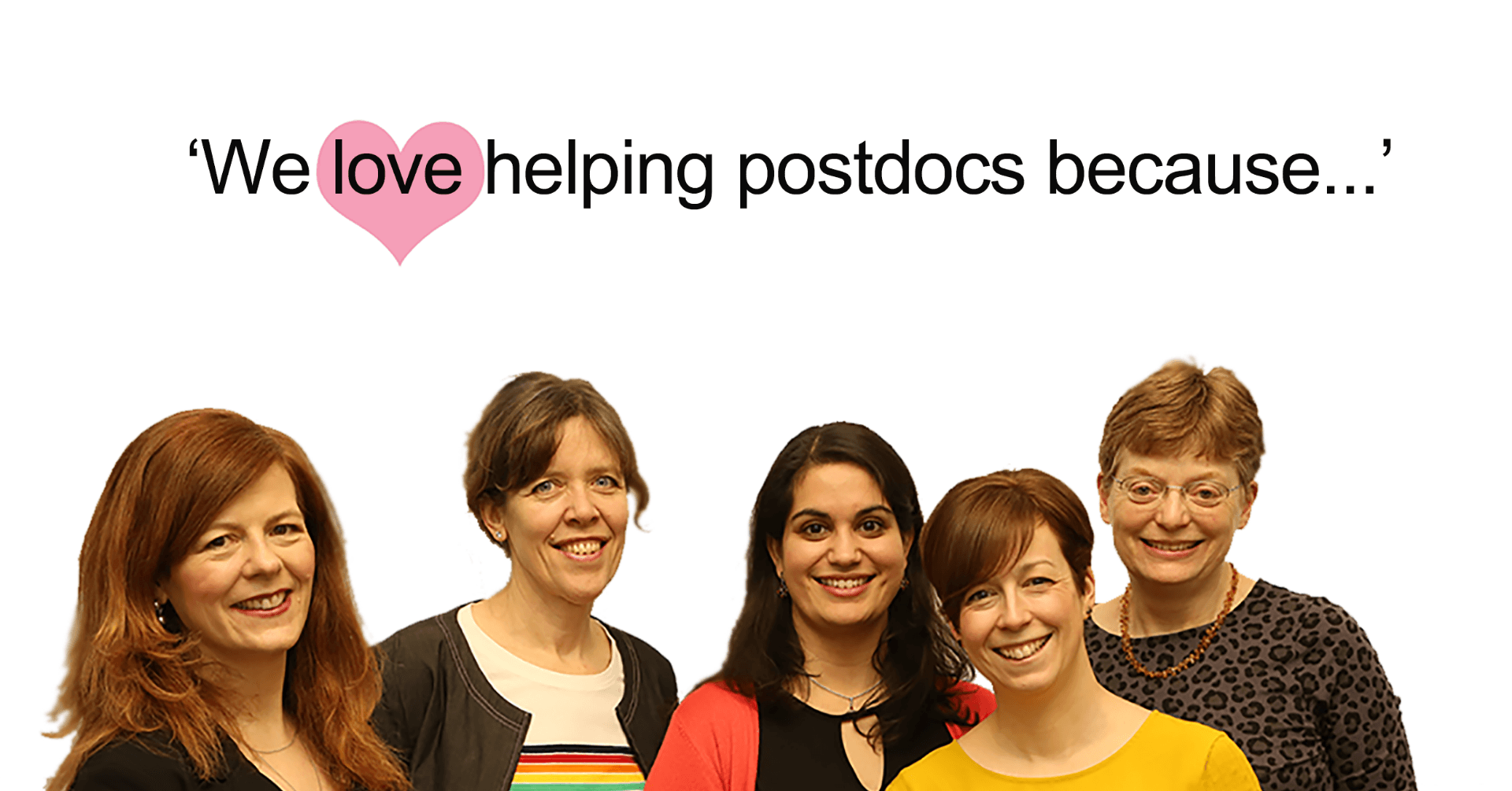Seeking an R&D position in industry but not sure which level you should be applying for? Let’s take an example. Looking at the One Nucleus website (biotech jobs, in the Cambridge/London area), the following job titles appeared on my screen:
Scientist, Senior Group Leader, Research Associate, Research Scientist, Senior Scientist and Principal Scientist
So, as a postdoc, how can you tell which of these are the right level for you?
Read the job requirements
The job titles a company uses may be fairly arbitrary. But they should at least be a little clearer in the job description. For example, many of you currently have the job title ‘research associate’, so you might assume this would be the right level. But when I read the job requirements, I found this role only expected a BSc/MSc. In fact it was the ‘research scientist’ (at the same Cambridge University spin-out!) position that asked for a PhD and postdoc/industry experience.
A ‘senior scientist’ position – at a different organisation – specified at least three years in industry. The ‘scientist’ position was vaguer, talking about experience in a ‘drug discovery environment’.

So what can you do to make more sense of job titles?
Do some research. Looking on LinkedIn, I could quickly find how much industrial experience people tended to have when appointed as ‘scientists’ in this organisation. LinkedIn also revealed a great deal about the ‘senior group leader’ position, where the job requirements said ‘Science based Degree or PhD with significant experience in a product development/ laboratory environment and proven managerial experience’. One current senior group leader at this organisation joined with an MSc and another a BSc, but both already had years of experience managing large teams. Admittedly, it is five years since the more recent joiner was recruited, but postdocs with only minimal management experience might decide against prioritising an application at this level.
I couldn’t use LinkedIn to find out more about people doing the senior and principal scientist roles because I didn’t know the company name – they were being advertised through a recruitment agency. I tried my trick of taking what looked like a unique piece of text and pasting it into Google – quite often you can find the same job being advertised on the company website. But this didn’t work as the company is in Poland, and they may well have used Polish there!
In summary, job titles vary from company to company, so don’t make assumptions. Do read the job requirements/person specification carefully, try to find out which companies recruitment agencies are representing (by pasting a unique phrase from the advert into your browser), and look at the experience of current jobholders on LinkedIn. This should help you to focus your application efforts on roles where you have the best chance of being shortlisted.
by Sally Todd, Postdoc careers adviser



 A short telephone or Skype interview is frequently used in all sectors – for lectureships and jobs outside academia – as a time and cost-efficient way of meeting candidates and deciding whether to invest in taking them further in to the process. As a result, they tend to be quite broad in scope aiming to assess in some way each of the elements that will be addressed in detail at a later stage.
A short telephone or Skype interview is frequently used in all sectors – for lectureships and jobs outside academia – as a time and cost-efficient way of meeting candidates and deciding whether to invest in taking them further in to the process. As a result, they tend to be quite broad in scope aiming to assess in some way each of the elements that will be addressed in detail at a later stage.
 All of which sounds interesting – but what has this got to do with your funding proposal?
All of which sounds interesting – but what has this got to do with your funding proposal?


